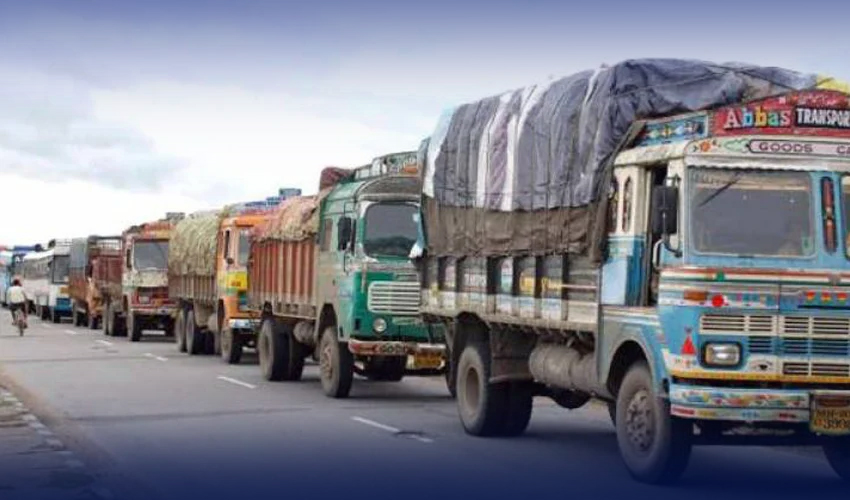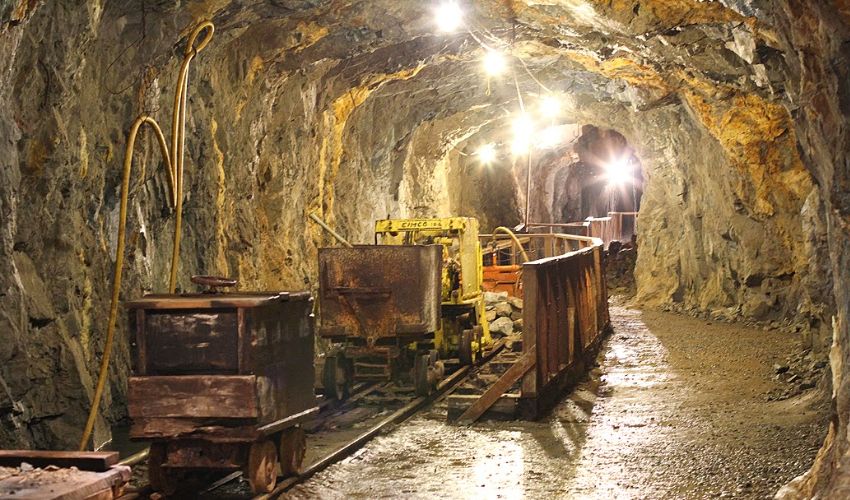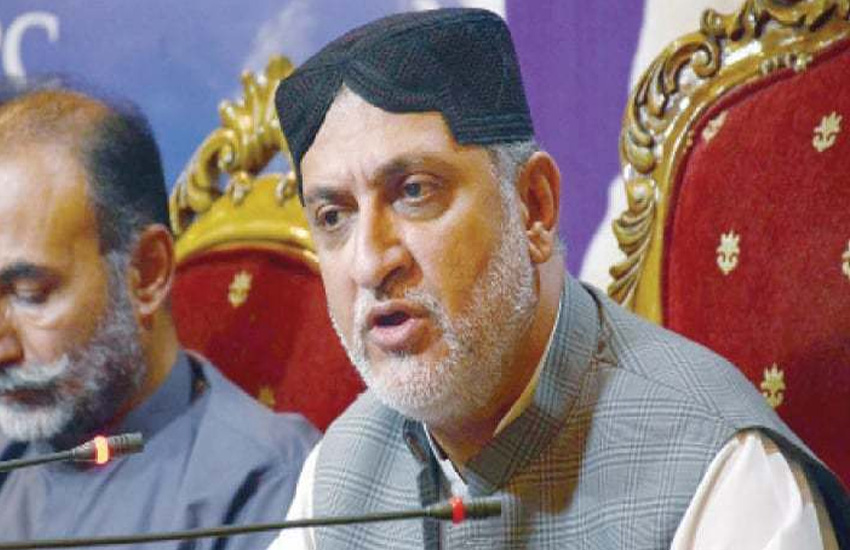Transport unions in Balochistan staged a roadside strike along Hub Bhawani Bypass, citing grievances against heavy checks and misconduct by law enforcement. The leaders of these unions met with the SSP and Deputy Commissioner to voice their concerns.
Central to their protest was the crackdown on diesel transportation by Customs, Police, and Pakistan Coast Guards, particularly targeting outbound shipments from the province. The Deputy Commissioner acknowledged their plight but emphasized the imperative of curbing illegal diesel trafficking.
However, behind this standoff lies a deeper narrative. Initially, the Pakistani government permitted limited use of Iranian diesel to bolster employment in border regions. Yet, the exploitation of this allowance for widespread smuggling, notably in Punjab and Sindh, triggered economic repercussions nationwide.
As oil companies reeled from losses, the government ramped up enforcement to stem the tide of illicit diesel flows. Consequently, transporters involved in smuggling called for the strike, framing it as resistance against perceived heavy-handedness.
The strike, however, raises concerns. By disrupting vital transportation networks, it risks exacerbating economic strains already heightened by smuggling activities. The government, thus, faces the daunting task of safeguarding the economy while addressing legitimate grievances.
In essence, the strike underscores the complex interplay between regional economies and national security imperatives. Balancing the need for livelihoods in border areas with the integrity of national economic structures remains a formidable challenge for Pakistan's administration.



























